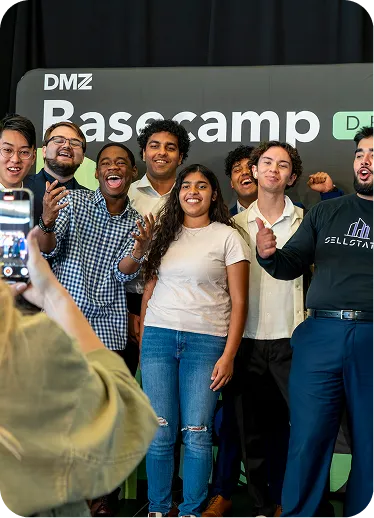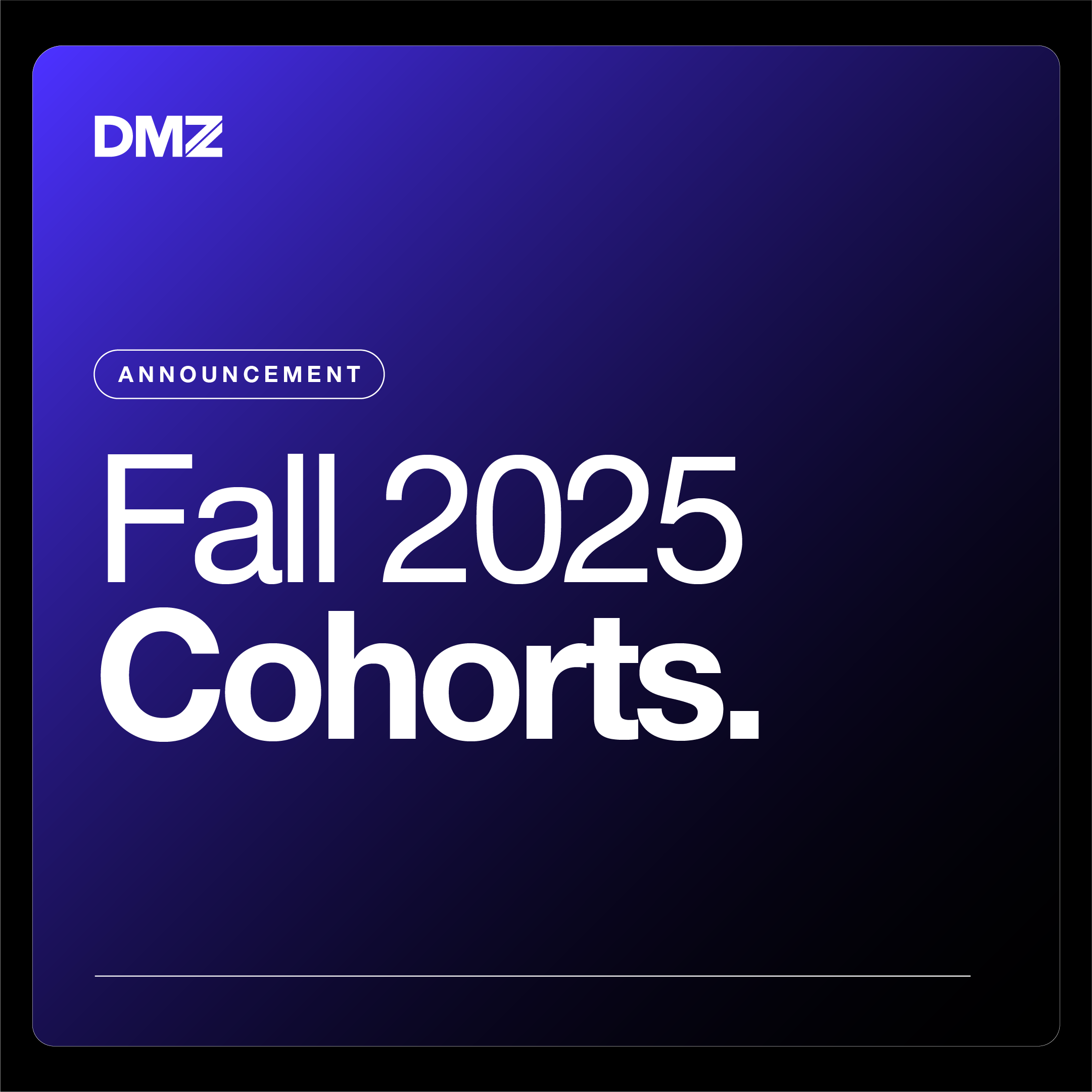Canada's dominance in the artificial intelligence space is drawing attention from techpreneurs around the world. The country, probably better known in recent years for its pop music exports and human rights record, has become a hotbed for the computer algorithm-powered technology over the last five years.
Toronto's startups making waves
Last summer, Montreal's Element AI raised an eye-watering $102 million from investors and earlier this year Toronto-based Integrate.ai secured a $5 million seed round. That's on top of other notable moves being made by some of today's more entrenched companies, like Royal Bank that will employ AI for its customer operations and DeepMind, a Google-acquired intelligence company, opened an office in Alberta last summer.
Not to be outdone, General Motors said it was going to launch one of its self-driving research hubs in Markham, Ontario. Thomson Reuters last year announced it would open a Toronto center for "cognitive computing" that would create 400 "high-quality" jobs.
"Canada is home to some of the brightest minds in the field of artificial intelligence; it has been at the academic forefront of the broad field of AI for over 30 years," Richard Zemel, a senior fellow at the Canadian Institute for Advanced Research, told R&D magazine. "Specifically in the areas of machine learning, reinforcement learning and deep learning, leading researchers and professors have been graduating some of the most promising talent out of cities like Toronto, Montreal and Edmonton."
How did this happen?
So, how did we get here and why now? It doesn't hurt that Canada has become famous for its liberal immigration policy. Just recently it opened its doors to tech talent willing to relocate to Canada.
The fast-track visa program offers up permanent residency and is designed to woo talented innovators from around the world. The Canadian government has also committed about $125 million to A.I.
Officials at all three levels are also lending a helping hand. In late 2016, the federal, provincial and municipal governments joined forces to launch the new Toronto-based Vector Institute.
The non-profit is focused on A.I. research and helping startups get funding for ongoing work. It also has backing from tech giants like Google and Air Canada -- making it a force to be reckoned with. Meanwhile Montreal is home to its own deep learning expertise thanks to Yoshua Bengio (one of the co-fathers of deep learning) and the Montreal Institute for Learning Algorithms.
Future outlook
But Canada faces a tough (and unpredictable) road as it battles for AI superiority. Compared to the U.S., Canadian startups receive a fraction of the investment dollars that their counterparts in the U.S. do.
For example, last year $69.1 billion was invested in America found the National Venture Capital Association, while Canadian companies received $3.2 billion. But, things are now on the rise. Last year represented the seventh straight year of growth for VC investment in Canada and the largest since 2001.
While only time will tell how far Canada's A.I. scene will fare in the future. Although, its current booming outlook signifies that things for the country (and Toronto especially) look bright.
"Toronto's tech industry is booming right now, so it's no surprise that it's also emerged as a hub for AI job opportunities."
Daniel Culbertson, an economist at job-seeking website Indeed, shared with BetaKit.


.webp)




